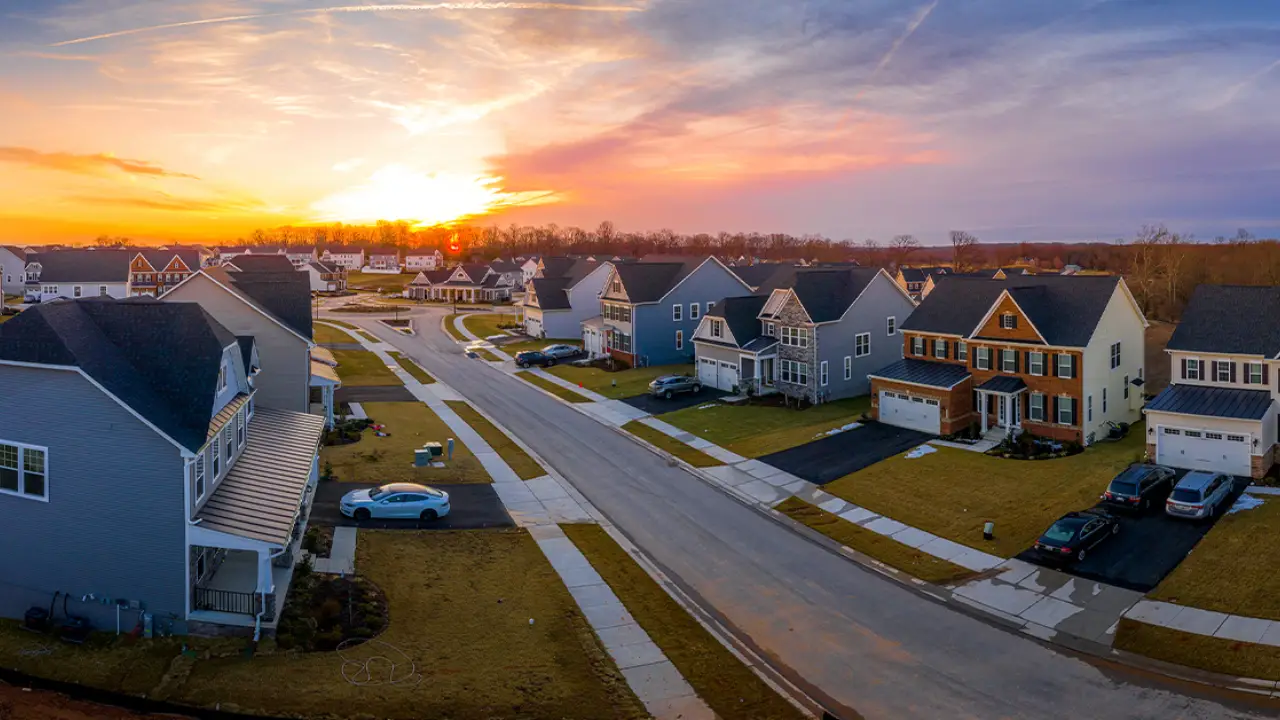In the month of January, a series of new housing laws have been put into effect across the U.S.
These changes are part of a nationwide effort to tackle the growing housing shortage, improve tenants’ rights, and speed up the process of building new homes.
As the country continues to face a major housing crisis, experts believe these new laws could be a step in the right direction toward solving the problem.
With many state legislatures returning for new sessions, more housing-related bills are expected to be introduced.
Key Focus: Tenant Protection and Building Process Easing
One of the key focuses of the new laws is to address issues like tenant protection and the easing of building processes.
For example, in California, new rules have been implemented to make it easier to build backyard units, also known as accessory dwelling units (ADUs), on residential properties.
These ADUs, often referred to as “granny flats,” are seen as a potential solution to the housing crisis, offering affordable housing options for families and individuals.
Strengthening Tenant Rights Across States
In addition to California, other states like Illinois and Minnesota have introduced laws aimed at preventing landlords from retaliating against tenants who report code violations or participate in tenant organizing.
These protections are especially important in places where tenant rights have not always been upheld. In Idaho, a new law automatically seals eviction records after three years, preventing past eviction cases from negatively affecting tenants’ future housing opportunities.
Maryland and Massachusetts have also enacted similar laws to protect tenants’ histories from being used against them when they try to secure a rental property.
Addressing the U.S. Housing Shortage

The U.S. housing shortage is immense. According to estimates from Freddie Mac, the country is short about 3.7 million homes, and the problem is even more critical for extremely low-income renters, with a shortage of over 7 million rental homes.
Surveys show that most Americans, regardless of their background or political views, agree that more housing needs to be built. This shared concern has driven state governments to take action.
The Role of Housing Legislation in 2025
Economist Salim Furth, who is tracking more than 130 housing-related bills this year, believes that 2025 will be a significant year for housing reform.
Many lawmakers are expected to push for measures to make it easier to build ADUs, allow residential development in commercial zones, and streamline the process of obtaining construction permits.
California’s Leading Efforts in Housing Reform
California has been leading the way in housing reform with more than 60 new laws aimed at easing the building process.
These include removing parking requirements for new developments near transit stations and making it easier to build affordable housing in existing neighborhoods.
California’s efforts have been applauded by many experts, especially as the state faces a housing shortage of around 2.5 million homes.
States Adopting ADU-Friendly Laws
Other states have followed California’s lead, including Arizona and Nebraska, where new laws have been passed to allow ADUs and modular homes on residential lots.
These developments are seen as a way to increase the housing supply quickly and affordably.
The American Legislative Exchange Council (ALEC) has also been pushing for laws that reduce barriers to building ADUs, making it easier for homeowners to add additional housing units to their properties.
Protecting Tenants from Retaliation and Unfair Practices
Tenant protections are another key area of focus in many new housing laws. In Illinois and Minnesota, tenants are now protected from retaliation if they report issues like code violations or ask for repairs.
Minnesota’s law also protects tenants who seek emergency assistance or speak to the media about housing issues. These new measures are expected to make tenants feel safer and more secure in their homes.
Housing Finance Reforms in Hawaii
The fight for affordable housing is not just about building more homes, but also about creating better systems for managing and maintaining existing housing.
In Hawaii, Democratic state senator Stanley Chang is working on legislation to speed up the use of the state’s rental housing revolving fund, which is a key source of funding for new housing projects.
Chang believes that reforms to this program could allow Hawaii to build far more homes with the same amount of money.
What’s Next for Housing Laws in 2025?
As the year progresses, housing will continue to be a top priority for many state legislators. In Texas, for example, lawmakers have introduced bills that would override local ordinances restricting the construction of ADUs.
In California, several new bills aim to ban the use of algorithms to set rental prices and to create a state authority to manage social housing projects.
These initiatives reflect the growing recognition that housing affordability and availability are crucial to the well-being of communities across the country.
Conclusion: A Complex Yet Solvable Issue
As lawmakers continue to debate and pass new housing laws, it’s clear that the issue of affordable housing will remain a central concern for many years to come.
Whether it’s through tenant protections, easing building restrictions, or promoting the construction of ADUs, the goal is to ensure that more people have access to safe, affordable housing.
The success of these efforts will depend on the ability of lawmakers to balance the needs of tenants, developers, and local communities.
If done correctly, these new laws could help address one of the nation’s most pressing issues.
Disclaimer- Our team has thoroughly fact-checked this article to ensure its accuracy and maintain its credibility. We are committed to providing honest and reliable content for our readers.




